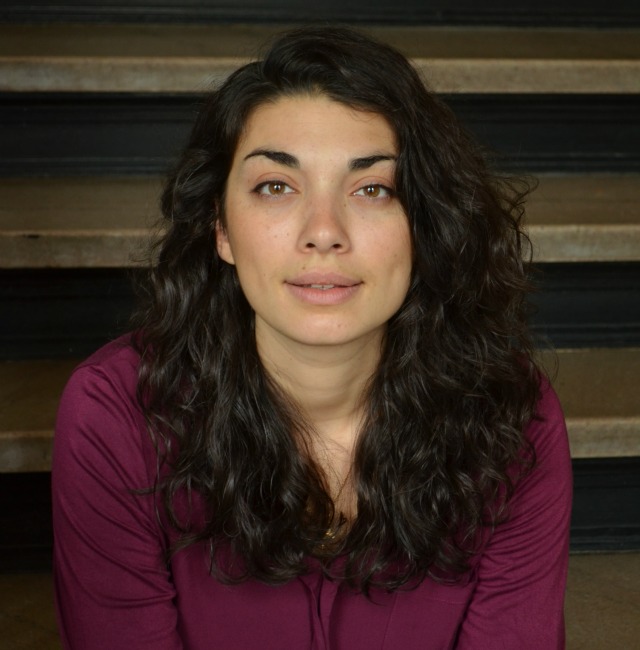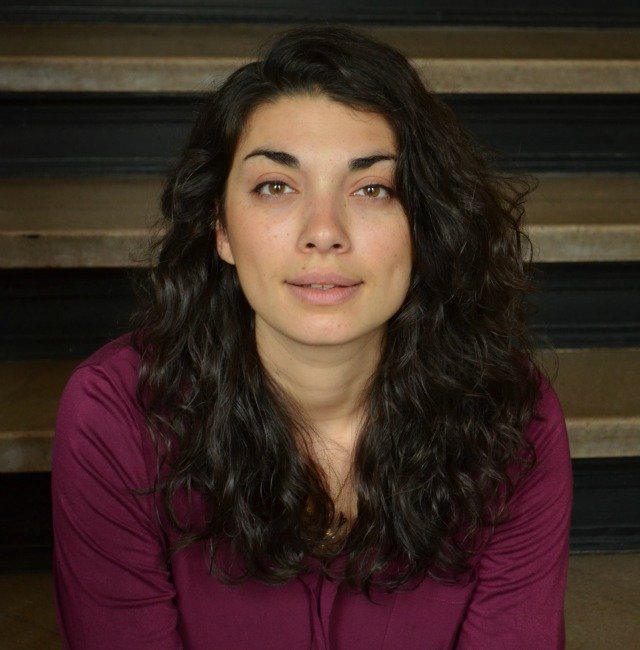Page 65 • (755 results in 0.026 seconds)
-

grade, and I have had the privilege and the blessing to be able to observe teaching in the local Catholic schools. I have always said that I want my students to be critical thinkers and social justice leaders. I think it is really important to have diversity responsive literature in classrooms and I always tie in social justice components including identity, justice, diversity, and action in my teaching. I always said that no matter which school I end up working at, I would uphold that same
-
343 : East Asian Cultures - ES, GE A survey of the cultures and peoples of Eastern Asia, concentrating on China but with comparative reference to Japan, Korea, and Vietnam. Cultural similarities as well as differences between these nations are stressed. Topics include religion, art, politics, history, kinship, and economics. (4) ANTH 368 : Edible Landscapes: The Foraging Spectrum - ES, GE The course examines foragers in Africa, North America, and Australia. Using classic ethnographic literature
-
Capstone Seminar A selection of the Ribes genus gooseberry/currant plants native to the Northwest were targeted to extract, isolate, and identify antimicrobial compounds based on ethnobotanical literature. Air-dried roots and stems of R. divaricatum, R. aureum, R. bracteosum, and R. Sanguineum were washed with refluxing petroleum ether and then extracted with methanol. Upon concentration in vacuo, the crude extracts were tested against a variety of Gram-positive and Gram-negative strains of bacteria
-
with Glenn Kurtz, Ph.D. from Stanford University in German Studies and Comparative Literature Dessert Reception – AUC, Regency LobbyThursday, October 27th9:00 a.m. Registration & Coffee – Anderson University Center, Regency Lobby 10:00 - 11:30 a.m. – AUC, Regency RoomJewish Life in Poland: The Best of Times and the Worst of TimesSheryl Ochayon, Project Director, Echoes and Reflections, International School for Holocaust Studies, Yad Vashem Mania Cieśla will present On the fields of Grochow. The
-
a pedal concert F. BA/BMA Performance of one work (concerto, etude, sonata, through composed original literature). Performance quality must be at a level befitting a good public performance. Continued work on reading Bb treble clef. Student should be playing easy to moderate melodic material in treble clef. Usable range should consist of a high Bb concert and pedal Bb concert. TUBA BM A 30-minute (minimum) recital consisting of at least 3 contrasting pieces. Instrumental assessments and recitals
-

career and take it to the next level.” While in Manhattan, Rottle and a couple of friends from the master’s program— Meaghan Burke (cello/voice) and Tristan McKay (piano/harpsichord/toy piano)—founded the new-music ensemble Dead Language, a trio that “seeks out music that has something to say, and says it.” And if that sounds a little wide-ranging, so is Dead Language: The ensemble improvises and performs interdisciplinary works that include everything from literature and white noise to toys and wolf
-

everything from literature and white noise to toys and wolf howls. (The music is hauntingly original and, trust us, made to be heard rather than read: Listen here.) Manhattan, in fact, turned out to be quite the meaningful stop for Rottle: She also met the man who would become her fiancé, a jazz musician originally from Australia who was pursing his doctorate at the School of Music. After moving to his home continent, Rottle continued networking and ended up filling in as the flutist for Kupka’s Piano, a
-

as well as a diversity and literature class. “They rise to the challenge,” Smith said of the inmates she teaches. “They are just amazing students. They support each other and cheer each other on.” In spring 2014, Smith’s work at PLU — which includes serving as director of the Center for Gender Equity — and her work at WCCW collided. The student directors for “The Vagina Monologues” connected with Collis to bring the production to the prison. The audience was “electrified,” as Smith says, leading
-

Canon camera to shoot the documentary and a laptop to edit the film, Chan taught herself necessary skills. “I really enjoyed using film as a cool way to tell my story, which is not often talked about in education,” she says. Chan visited Seattle Public School high schools to talk to students, teachers and activists. She researched how the Eurocentric focus within history, literature and STEM education fields has affected people of color in damaging ways. For her achievement in film and activism
-

. I think it is really important to have diversity responsive literature in classrooms and I always tie in social justice components including identity, justice, diversity, and action in my teaching. I always said that no matter which school I end up working at, I would uphold that same philosophy. I am happy to have finally chosen where I will begin teaching after graduation. I will be a third-grade teacher at St. Patrick Catholic School in Tacoma. I think it is so awesome that I will be able to
Do you have any feedback for us? If so, feel free to use our Feedback Form.


